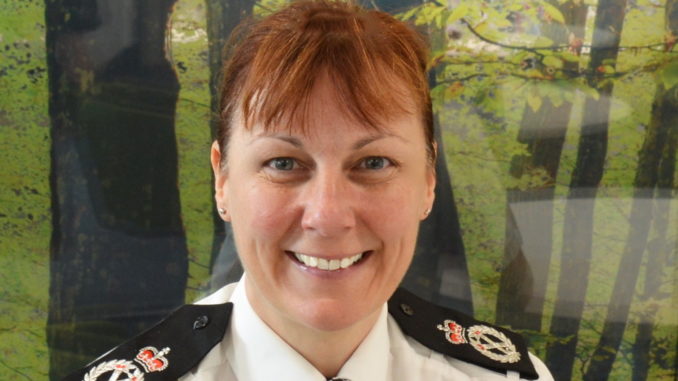
A police force which has left 120 non-officer posts vacant to balance the books has revealed the Government’s scheme to increase numbers of police officers has impacted on its ability to attract other staff, such as police community support officers (PCSOs).
North Yorkshire Police chief constable Lisa Winward has told a meeting of North Yorkshire and York’s police, fire and crime panel the £3.6bn Police Uplift Programme had partly led to the force suspending its recruitment drive for PCSOs.
Earlier this year, the force announced it would overhaul how it operates to boost visible frontline policing after charging households an average of £14 more in its share of council tax, despite leaving 50 PCSO and 74 police staff posts vacant.
In May, after Rishi Sunak declared the three-year national programme to recruit 20,000 officers as successful, Police Federation chair Steve Hartshorn said in fact it had amounted to “robbing Peter to pay Paul”.
Mr Hartshorn said as police officer numbers had risen to record levels there had also been a drop in the number of special constables and PCSOs, many of whom would have made the transition to become police officers.
A meeting of the panel at County Hall in Northallerton heard councillors question when the public could expect to see the new force structure and when the vacant PCSO posts would be filled, particularly as PCSOs often more local knowledge than officers as they lived more locally.
York councillor Emilie Knight said: “We know that PCSOs are such a vital part of police visibility in our communities.”
Citing community concerns over recruitment and the speed to which police reacted to crimes such as burglaries, Malton councillor Lindsay Burr added: “Quite a lot of our residents are a little anxious about response times.”
Police, fire and crime commissioner Zoe Metcalfe replied saying response times were “much improved”.
Ms Winward added compared to its total number of employees the force had the highest proportion of PCSOs of any force in the country after having recruited them for several years without any evidence base.
She said the force would look to recruit PCSO posts which were part of future plans for neighbourhood policing.
The force’s most senior officer said demands on policing had changed significantly since the last review of how the force was organised in 2016 and it was hoped to launch the redesigned force from April next year.
As PCSOs have to be posted to specific stations for contractual reasons, the force would not know where PCSOs were needed until the conclusion of the review.
She said: “We absolutely value our PCSOs, we know how important they are to our community. We need to now cement the evidence base and the demand statistics around the best shape for neighbourhood policing to keep our communities safe and feeling safe.”
Ms Winward added it had seemed appropriate to pause recruitment, rather then spending time and resources on unsuccessful recruitment campaigns.
She told the panel: “We found a lot of people were immediately joining policing as a police officer as a result of the Police Uplift Programme and we weren’t getting the quality of [PCSO] candidates, but we were spending a lot of time and resource advertising and interviewing for PCSOs, but then not getting the positive result out at the other end.”


Be the first to comment